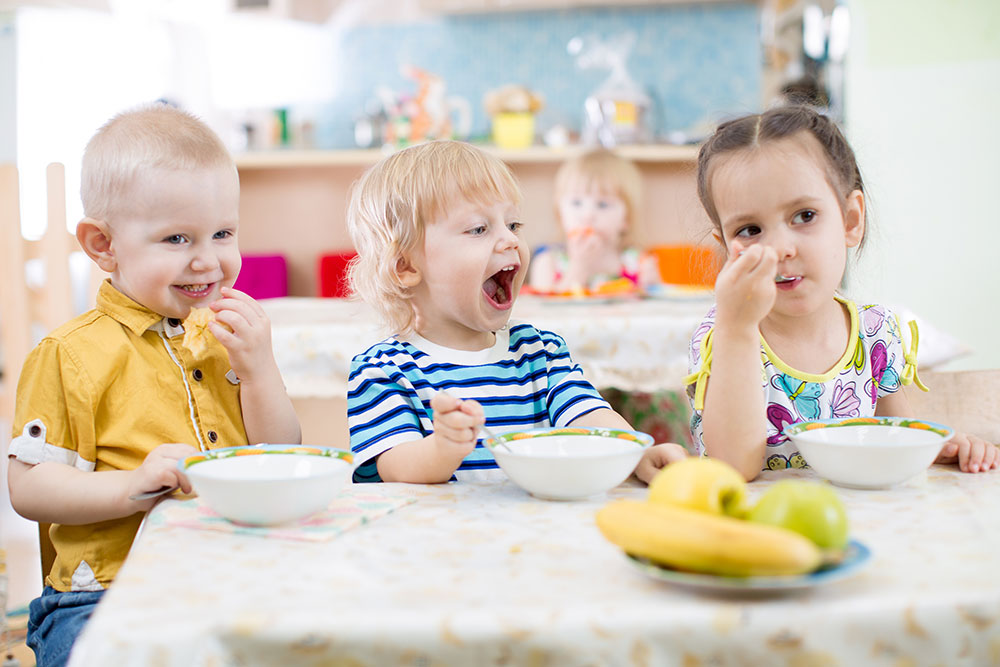EYFS 2025 - Safer Eating in Early Years settings


Following a government consultation, the latest Early Years Foundation Stage (EYFS 2025) was released on 14th July 2025. The EYFS is a statutory framework that sets standards of care, learning and development for early years (0-5 years) settings in the UK. These include pre-schools, private nurseries and childminders. Settings have until 1st September 2025 to implement the changes, which have been made in the following areas:
The new Safer Eating regulations, 3.63 – 3.70, sit within the Food and Drink section. They appear on pages 27-28 in the EYFS Statutory Framework for Childminders and on pages 36-37 in the EYFS Statutory Framework for Group and School based providers.
The measures included in this section are:
For the report on the initial consultation that drove these measures, see p.27 of Early Years Foundation Stage safeguarding reforms - consultation response
Food allergy policy is a key element that is included in the EYFS 2025 update. The published government response emphasis the requirement for ongoing communication between settings, parents, carers and in some cases, healthcare professionals, regarding allergies and intolerances. Allergy action plans should be developed, reviewed regularly and shared with all staff. The response also highlights that children can develop allergies at any time, with the introduction of solid foods being a potential trigger. At each mealtime and snack time, a specific person must be responsible for checking that food is safe for the child consuming it.
The EYFS 2025 is not expected to contain any updated regulations for food hygiene policy. Settings should continue to ensure that:
For more information about your legal obligations when serving food, visit https://www.thesaferfoodgroup.com/knowledge/do-early-years-settings-need-to-register-as-a-food-business/
As an early years educator, practitioner, manager, setting owner or childminder, make yourself familiar with the 2025 reforms now, in readiness for any changes you need to make. Changes needed in your setting may include:
In preparation for EYFS 2025, the government published updated guidelines for Early Years nutrition. As part of EYFS 2025, providers are required to follow this nutrition guidance unless there is good reason not to. These guidelines are already available here: Early Years Foundation Stage nutrition - GOV.UK.
The full and final versions of EYFS (2025) were released on 14th July 2025 and must be implemented within settings in time for 1st September 2025.
The Safer Food Group works in collaboration with the Early Years Alliance to create unique health and safety training that gets to the heart of day to day challenges faced by early years settings. These include Level 2 Food Hygiene (Early Years), Level 2 Allergy Awareness (Early Years), and Level 2 Health and Safety (Early Years). EYA members can access SFG’s Food Hygiene and Allergy Awareness for Early Years via EYA Central, with Health and Safety for Early Years coming soon. Visit EYA Central to view the full range of courses for Early Years teams.
Join 950,000+ learners
Explore our award winning online video based training
The Safer Food Group
Unit 2, Integrity House,
Lower Lumsdale, Matlock
DE4 5EX
Back
to top
© The Safer Food Group 2026 | Privacy policy